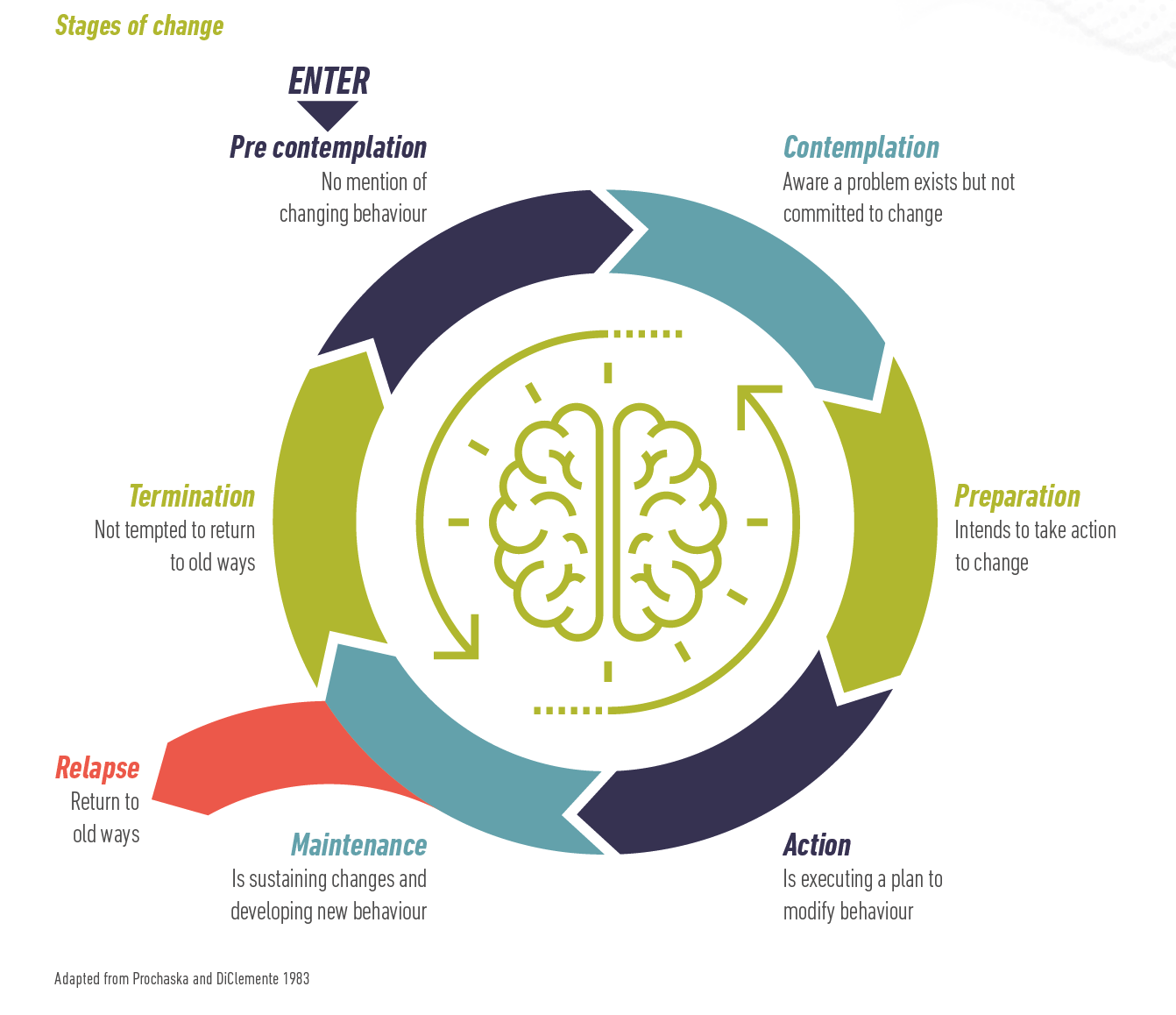
Change is hard. That’s why 75% of the population of the U.S. is either obese or overweight. In spite of all of the scientific evidence of the health consequences, this epidemic persists in our society. It’s not your fault . . . sort of. We live in a culture that supports obesity and bad eating habits. It’s hard enough to change in a supportive culture. It’s almost impossible to change when you’re surrounded by fast food restaurants, TV ads that look like corner drug dealers enticing you to try their latest creation and a food industry that loads up your food with sugar because they know it’s addictive, and they know how much you love it.
What to do? If you live in the U.S., and you’re not taking intentional effort to be healthy, you’re on the fast track to obesity.
What do I mean by intentional effort? It’s not picking up that magazine at the grocery store checkout that promises a 20 pound weight loss in 2 weeks. It’s not buying the latest miracle pill that is sold with the word “easy.” It’s not easy. Let’s stop looking for the easy answer.
We need to learn about ourselves and how we deal with change. Not how YOU deal with change. How all humans deal with change. Once we realize that our challenges are not unique to us, they become easier to manage.
Here are the six stages of change that we all go through. Which one are you in in regards to your health?
Pre-contemplation
In this stage, people do not intend to take action in the foreseeable future (defined as within the next 6 months). People are often unaware that their behavior is problematic or produces negative consequences. People in this stage often underestimate the pros of changing behavior and place too much emphasis on the cons of changing behavior.
Contemplation
In this stage, people are intending to start the healthy behavior in the foreseeable future (defined as within the next 6 months). People recognize that their behavior may be problematic, and a more thoughtful and practical consideration of the pros and cons of changing the behavior takes place, with equal emphasis placed on both. Even with this recognition, people may still feel ambivalent toward changing their behavior.
Preparation (Determination)
In this stage, people are ready to take action within the next 30 days. People start to take small steps toward the behavior change, and they believe changing their behavior can lead to a healthier life.
Action
In this stage, people have recently changed their behavior (defined as within the last 6 months) and intend to keep moving forward with that behavior change. People may exhibit this by modifying their problem behavior or acquiring new healthy behaviors.
Maintenance
In this stage, people have sustained their behavior change for a while (defined as more than 6 months) and intend to maintain the behavior change going forward. People in this stage work to prevent relapse to earlier stages.
Termination
In this stage, people have no desire to return to their unhealthy behaviors and are sure they will not relapse. Since this is rarely reached, and people tend to stay in the maintenance stage, this stage is often not considered in health promotion programs.
Which stage are you in? I hope you’re in the maintenance/termination stage. You’ve made the decision to take charge of your health and your future. You’re enjoying vibrant, optimal health in your weigh management, eating habits, emotional and mindset management, sleep, movement, and managing your surroundings.
If this topic resonates with you, Join my Learning Community – Outsmarting Time and Culture


